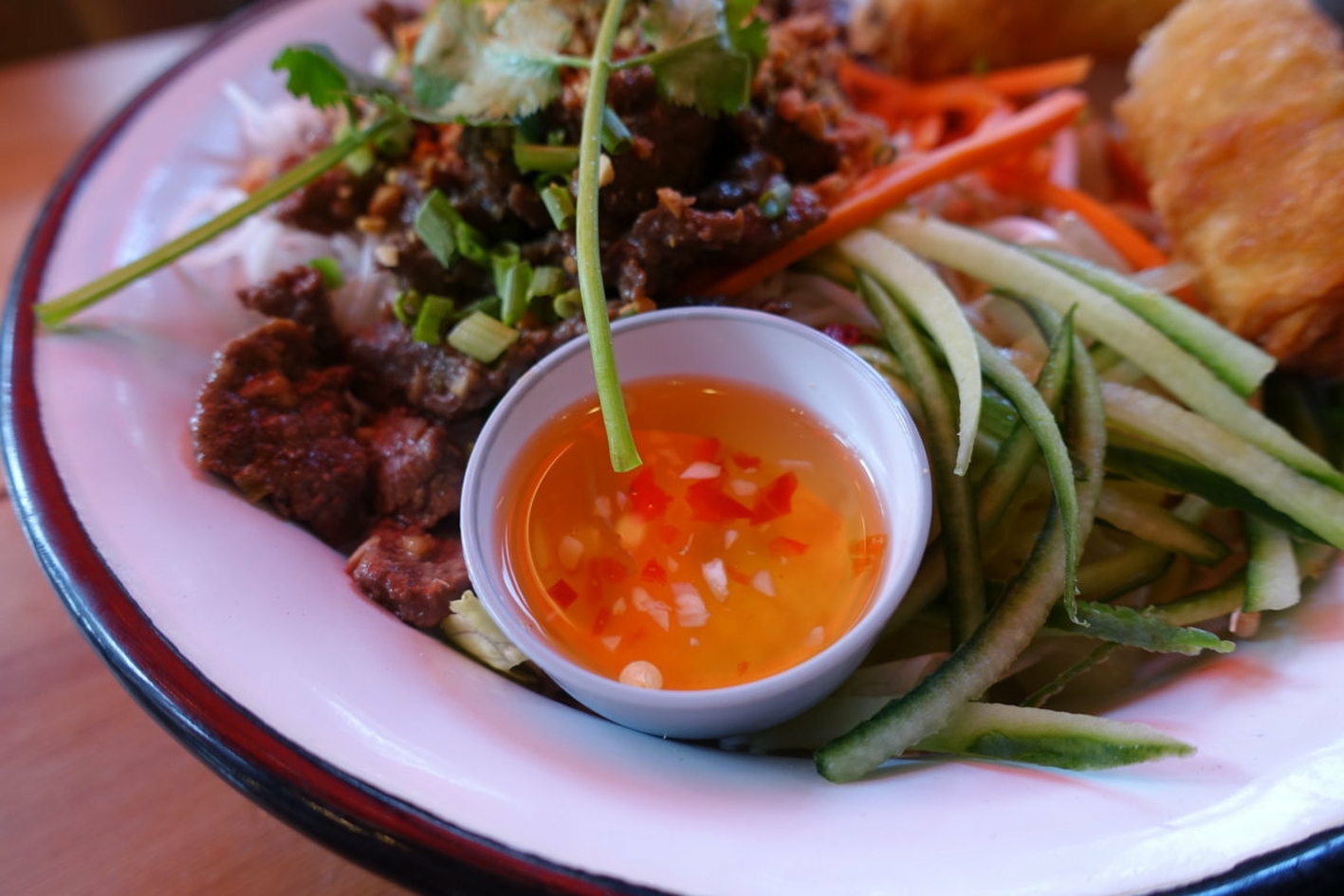
A global culinary staple
" Flavour and production methods vary significantly from one region to another "
Cornerstone of many culinary traditions across the globe, especially in Southeast Asia fish sauce is as indispensable as salt and pepper. This pungent, umami-rich condiment is made from fermented fish and salt. A versatile ingredient that adds depth and complexity to dishes from Vietnam to the Philippines, Thailand to Korea, and beyond. Its influence extends far beyond Asia. Chefs and home cooks around the world have begun to appreciate its unique flavour profile, incorporating it into a diverse range of dishes.
Ancient in origin fish sauce can be traced back thousands of years to the Mediterranean. Greeks and Romans made a similar condiment called “garum” widely used in their cooking. Today fish sauce is most commonly associated with Southeast Asian cuisine, where it has become a culinary staple.
The production of fish sauce is relatively simple yet requires time and patience. Small, oily fish, such as anchovies or sardines, are layered with salt and left to ferment in large barrels. Over time, the fish breaks down. Liquid that rises to the top is collected as fish sauce. This process can take anywhere from several months to a few years, depending on the desired flavour intensity. Longer fermentation results in richer, more complex sauce.
Fish sauce is a global product. Flavour and production methods vary significantly from one region to another.
Vietnam
Vietnamese fish sauce, or “nước mắm” is known for its balanced flavour, with a hint of sweetness setting it apart from other varieties. The island of Phú Quốc produces the most famous Vietnamese fish sauce prized for its smooth, reddish-brown hue and rich umami taste.
Thailand
Thai fish sauce, known as “nam pla” is a crucial ingredient in Thai cuisine, used in everything from stir-fries to curries. Typically saltier than its Vietnamese counterpart it has a more pronounced fish flavour, making it ideal for dishes that require a robust, savoury punch.
Philippines
In the Philippines, fish sauce is called “patis” used as a cooking ingredient and a dipping sauce. Filipino fish sauce tends to be lighter in colour and has a slightly milder taste compared to Thai and Vietnamese versions. Commonly paired with calamansi juice [Ed: a small, tart citrus fruit] for a tangy dipping sauce.
Korea
Korean fish sauce, or “aekjeot” is essential in the preparation of kimchi, the famous fermented cabbage dish. Korean fish sauce is typically made from fermented anchovies or other small fish. It has a salty, savoury flavour that complements the spicy, tangy taste of kimchi.
Japan
Japan has its own version of fish sauce called “shottsuru” which is made from fermented sandfish. Less commonly used in everyday Japanese cooking it is a key ingredient in certain regional dishes, especially in Akita Prefecture.
Italy
The Italian region of Campania produces “colatura di alici” a fish sauce made from anchovies. This amber-coloured liquid is reminiscent of ancient Roman garum being used to add umami to pasta dishes, salads, and other Italian fare.
Conclusion
Fish sauce’s rich umami flavour has caught the attention of chefs and food enthusiasts worldwide. Recently becoming a popular ingredient in fusion cuisine its ability to enhance flavours makes it a favourite in diverse culinary contexts. For example, it’s not uncommon to find fish sauce used in modern kitchens to add depth to soups, marinades, and even cocktails.
In Western countries, fish sauce is often used as a secret ingredient to boost the umami factor in dishes that traditionally rely on soy sauce or Worcestershire sauce. It pairs well with meats, vegetables, and even in salad dressings. A few drops can transform a simple vinaigrette into a complex, savoury dressing.
Fish sauce is a global culinary treasure. Celebrated for its ability to enhance flavours and add depth to a wide variety of dishes. From its origins in ancient Mediterranean cuisine to its essential role in Southeast Asian cooking, fish sauce has evolved into a versatile ingredient transcending cultural boundaries. Whether preparing a traditional Vietnamese pho, a Thai curry, or experimenting with new fusion recipes, fish sauce offers a unique umami punch that elevates your culinary creations to new heights.
Prepared by a Chaîne News Online Staff Writer
Researched from various sources. E&OE